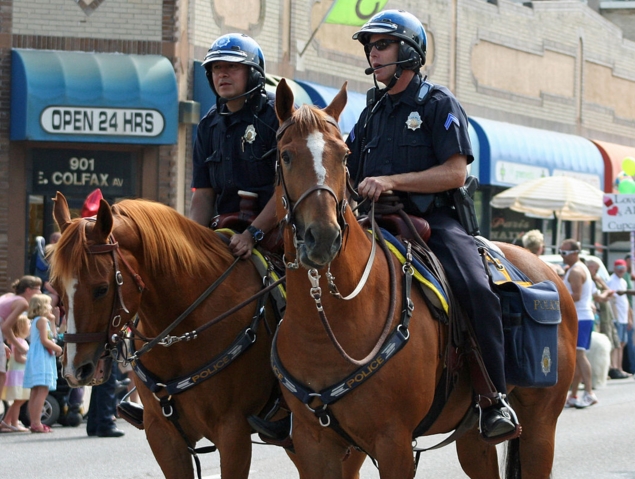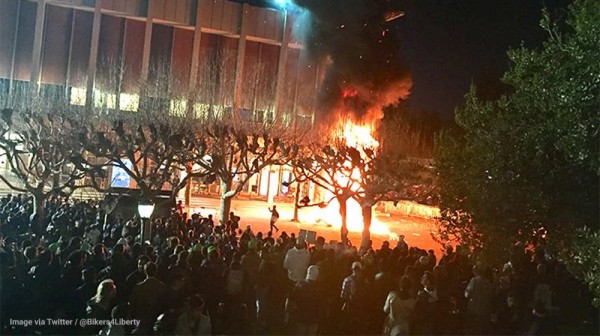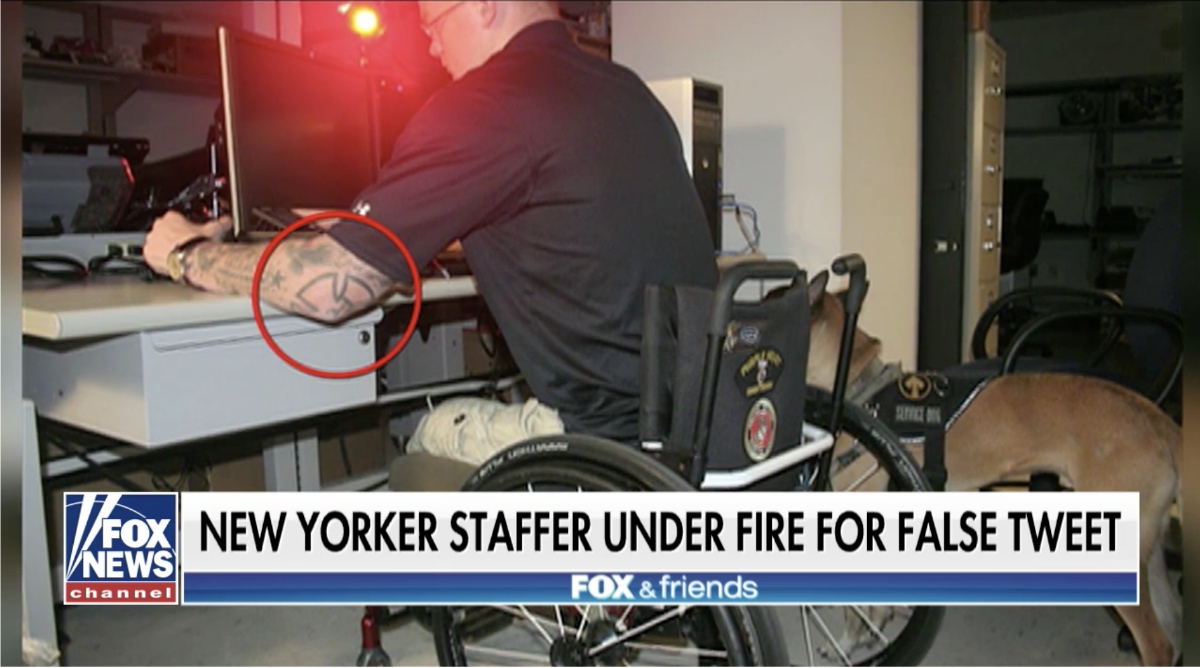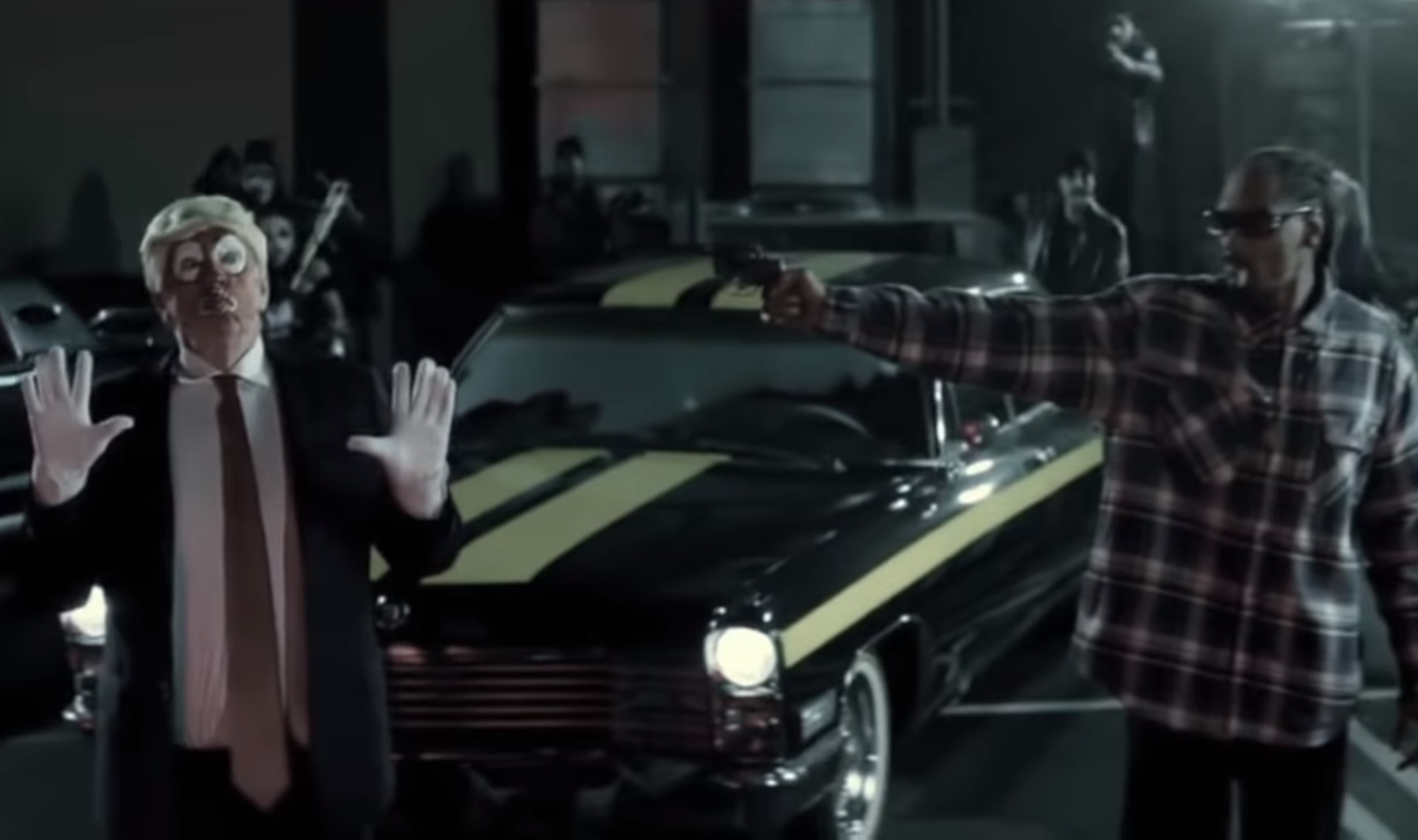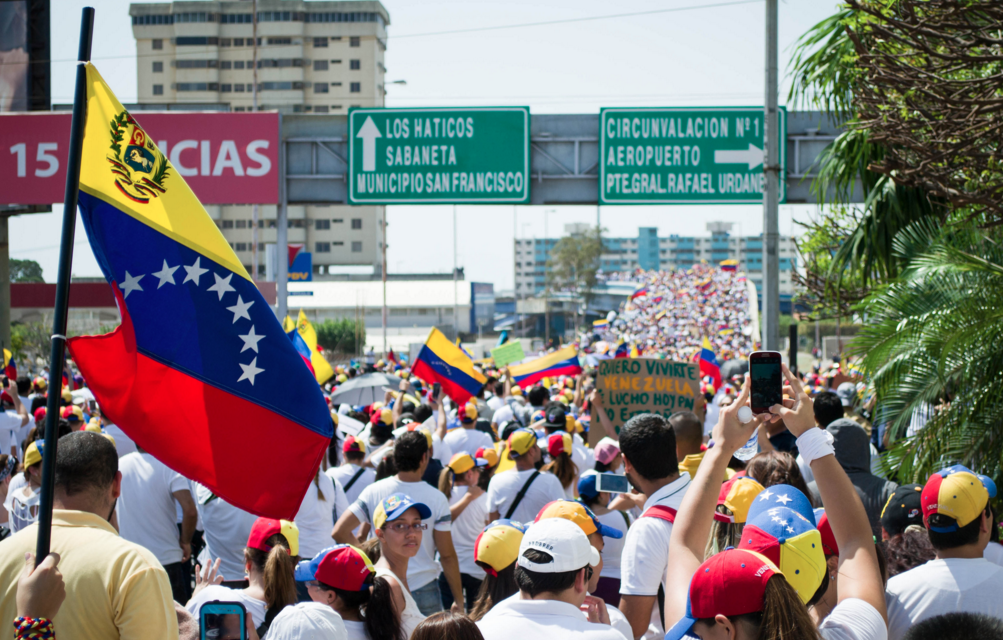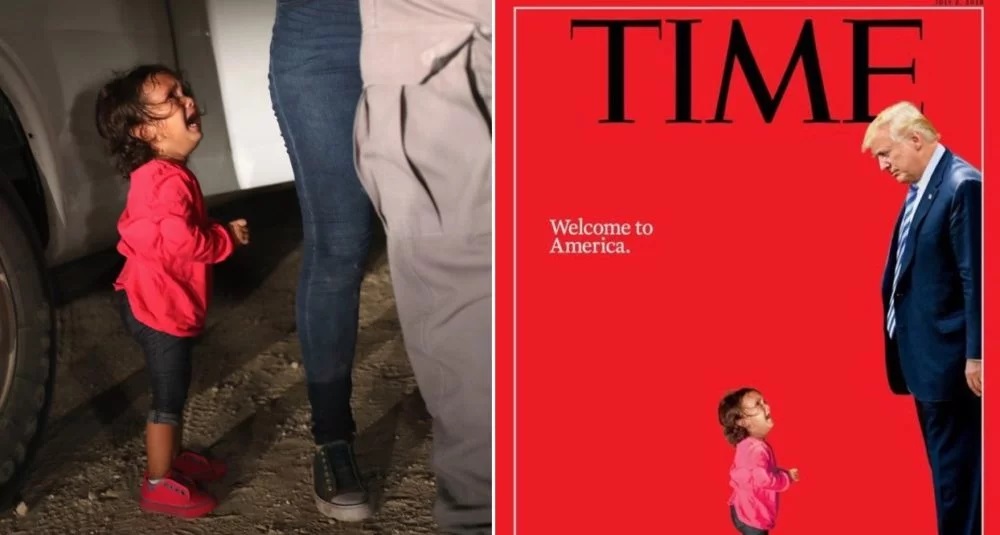The Denver police union filed a lawsuit against the City of Denver in an effort to prevent them from requiring officers to wear body cameras, according to The Denver Post. While the police union says it is not totally against officers wearing body cameras, it is upset the city refused to negotiate with them regarding the program’s fine print, citing concerns over labor laws.
After participating in a 2014 pilot program and receiving approval from the city council, the Denver Police Department decided to implement the body cameras full-time, ordering 800 cameras to be worn by patrol and traffic officers.
Denver will be the first among major metropolitan regions in the U.S. to instate body cameras. The city signed a $1.6 million, five-year contract with Taster International to implement the program, according to reports.
Requiring cops to wear body cameras is an increasingly popular trend in the U.S., as authorities continue to use unnecessary, excessive force against citizens, generating wide-scale demand for police accountability.
Body cameras will first be implemented in the gang unit
The body cameras can be worn on officers’ eye glasses or lapels, will record audio and video and store the data in an attempt to protect both the public and the police.
Under the program, officers will be required to turn on the cameras upon contact with citizens; failure to do so could lead to disciplinary action, reported The Denver Post in August 2014.
Officers patrolling District 6, which includes downtown Denver and the gang unit, will be the first to wear the new body cameras.
In July, the Denver police union demanded “the administration bargain over the cameras’ use;” however, their request was denied last month, states the lawsuit.
President of the Denver police union, Nick Rogers, argues that the body cameras fall under matters of personal safety and health equipment and are therefore mandatory bargaining points, reports the paper.
“I am the bargaining agent for the Denver Police Department and they did not contact me,” said Rogers.
Denver police union wants to negotiate rules about cops wearing body cameras around confidential informants
Filed in the Denver District Court, the police union’s lawsuit cites several concerns including how the cameras will be used around confidential informants, the vagueness in how they’ll be mounted and a lack of clarity regarding when an officer is allowed to shut the cameras off.
A plan for officers to wear the cameras while working off-duty assignments has also been proposed.
As described by The Denver Post, “In off-duty assignments, officers are paid by private organizations to work security but they wear their uniforms, use department-issued equipment and are bound by department regulations.”
“That plan could impact chain-of-custody requirements for evidence in crimes and it could affect labor laws,” according to the police union’s lawsuit.
“When implemented thoughtfully, body cameras can be a useful investigatory tool that assist in keeping officers and citizens safe,” said the union in a statement.
“Body cameras are also a useful tool for capturing the countless police interactions that occur daily where officers defuse incredibly dangerous and volatile situations with utmost care.
“However, for any body camera program to succeed, the program must be rolled out after serious consideration of the impacts on crime victims, witnesses, persons in crisis and the other events where video footage may capture citizens at their most vulnerable points in their lives.”
Pilot programs illustrate that wearing body cameras greatly reduced excessive force used by police officers. When police in Rialto, California, were required to sport body cameras, excessive force complaints were substantially reduced.
Sources:
WashingtonTimes.com
DenverPost.com
DenverPost.com

